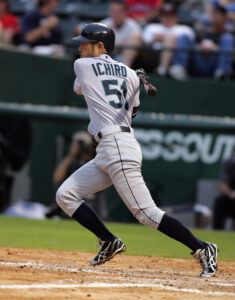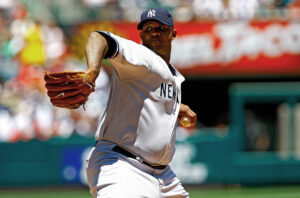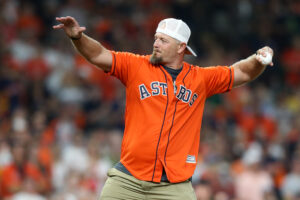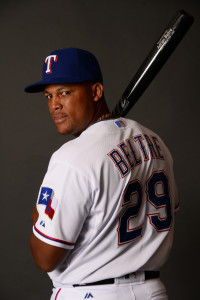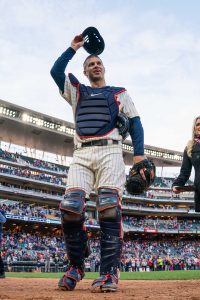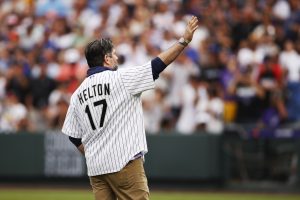The Hall of Fame announced a change to its Era Committees eligibility. Beginning with the upcoming year, any candidate on an Era Committee ballot who does not receive at least five of 16 votes will be ineligible for consideration during their era’s next cycle. A candidate who receives four or fewer votes on two separate occasions is ruled permanently ineligible for future consideration.
The Era Committees, formerly known as the Veterans Committee, is the less common path for enshrinement. It is designed to reconsider players who were not elected by the Baseball Writers Association of America. The Era Committees also considers non-players (i.e. managers, executives, and umpires) for induction. The BBWAA voting process is exclusive to players.
In order to be elected, an Era Committee candidate must receive 12 of 16 votes. The voting panel generally consists of longtime coaches and executives, as well as Hall of Fame players. The smaller voting pool means they’ve generally had a slightly lower standard for induction than has the BBWAA, which requires 75% approval from a much larger body of media members.
The Era Committee process is on a rotating three-year cycle. In one year, it’ll consider individuals from the “Classic Baseball Era” — those whose most significant contributions to the sport came before 1980, including veterans of the Negro Leagues. The other two years have subsets of the “Contemporary Baseball Era.” That consists of one year for players whose greatest contributions have come since 1980, and one year for managers/executives/umpires of the same era.
Last offseason considered the Classic Baseball Era. As it does every year, the committee voted on eight candidates: Dick Allen, Ken Boyer, John Donaldson, Steve Garvey, Dave Parker, Vic Harris, Tommy John and Luis Tiant. Allen and Parker each received at least 12 votes and will be inducted this summer alongside the trio of players elected by the BBWAA: Ichiro, CC Sabathia and Billy Wagner. Of the remaining six candidates, only John (seven votes) received at least five votes.
The rule change is not retroactive, so this doesn’t impact any of the other candidates for now. However, under the new system, those who don’t receive five votes will not be allowed on the ballot when their era comes back up for consideration in three years. They may be considered four-plus years later, but falling shy of five votes again would end their Hall of Fame chances for good.
The Hall is hoping to diversify the candidates it evaluates. The logic is presumably that anyone who only receives a handful of votes from multiple committees is unlikely to ever garner serious consideration and should be removed in favor of someone else. In that sense, it’ll serve as an analogue to the sometimes controversial 5% voting threshold necessary for a player to stay on the BBWAA ballot each year.
This December’s class will consider players from the Contemporary Era. Contemporary Era managers/umpires/executives get their turn in 2026. The Classic Era will be up again in 2027.
